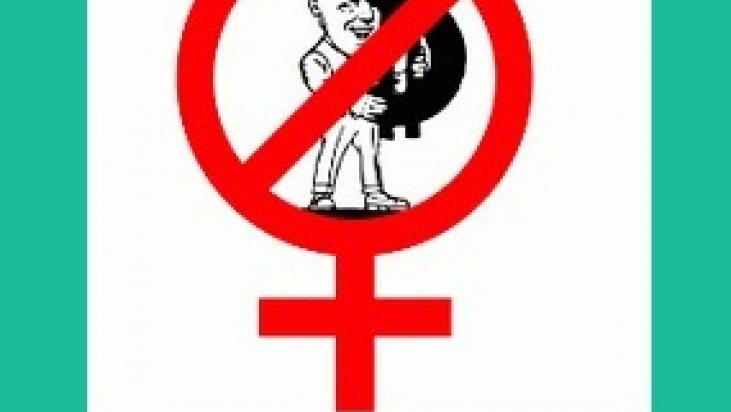Women and Tax Justice at Beijing+20: Taxing and Budgeting for Sex Equality Kingston, Ontario, Mar. 6-7 In 1995, the United Nations Fourth World Conference on Women was held in Beijing. This was a turning point for women’s movements internationally as activists and advocates came together to discuss, debate, and mobilize around gender issues. The result was that at this conference, an unprecedented number of governments made commitments to implement gender-based impact analysis of all existing and proposed programs as laid out in the Beijing Platform for Action. 2015 marks the 20th anniversary of the Beijing Conference. This Beijing+20 Conference takes place at an historic moment when major international efforts to advance human development and human rights converge with intensifying efforts to accomplish the eight Millennium Development Goals by their 2015 endpoint, and with the final drafting of the post-2015 development agenda and sustainable development goals as a global roadmap for the future. Since 1995, however, growing reliance on tax cuts to stimulate growth, recessions, and austerity budgets have undercut women’s movement toward economic and social equality. Cuts to progressive taxes like personal and corporate income taxes have left heavier burdens of consumption taxation on women, particularly those in poverty and Indigenous populations, and reduced tax revenues are used to justify cutting public services, employment, and ODA. At the same time, generous tax cuts, investment incentives, and corporate exploitation of offshore and tax haven regimes have enabled those with the highest incomes to increase their shares of wealth. This conference focuses on identifying the tax and spending laws that are undermining sex equality, and on ensuring that governments develop gender-equal tax and budget policies that will raise the revenues needed to meet their Platform and other human rights obligations. Both established and new scholars are invited to submit paper proposals and their bio. Student and entry-level researchers will be invited to present their work at a special mentoring session on Friday Mar. 6, and will be paired with established researchers for support through the session. Established researchers will be schedules for the Mar. 7 section of the program. Preference will be given to those addressing developing or emerging economy budgeting or tax issues. New scholars are encouraged to send their proposals as soon as possible. All proposals will be reviewed and invitations will be issued on a rolling basis, and no later than Jan. 5, 2015. This call is to all those involved in all aspects of policy formation, critical scholarship, or applied forms of research at all levels pertaining to tax policy and gender, social welfare legislation, and gender-based budget analysis. This includes academic and practicing lawyers, policy analysts, interdisciplinary and comparative scholars and experts, law and graduate students, and those in development studies, sociology, political studies, economics, and other university disciplines, and NGO or community organizations. This conference is being organized and presented in collaboration with Women for Tax Justice, a policy and campaign platform supported by Tax Justice Network, and by FemTax International, a research network of interdisciplinary scholars and policy analysts. Date and Location: The conference will be held at Queen’s University, Kingston, Ontario on Friday March 6 and Saturday March 7, 2015. Accessibility: The venue is fully accessible; please contact the coordinators with any questions. Submit your expression of interest to either or both – Prof. Kathleen Lahey Co-Director Feminist Legal Studies Queen’s Faculty of Law, Queen’s University Kingston, Ontario [email protected] Prof. Bita Amani Co-Director Feminist Legal Studies Queen’s Faculty of Law, Queen’s University Kingston, Ontario [email protected] —
There were no results in the criteria
